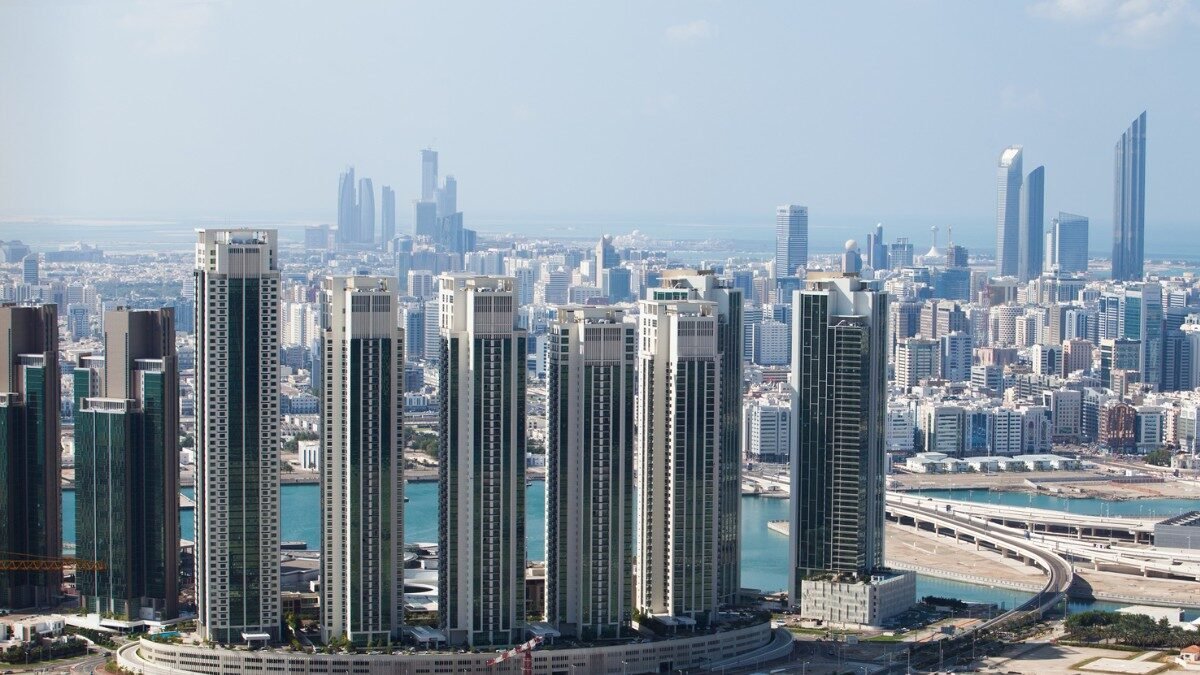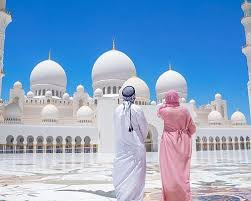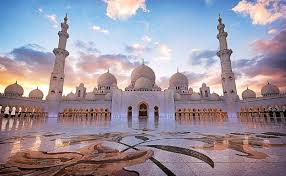
Abu Dhabi, the vibrant capital of the United Arab Emirates (UAE), is fast becoming a world leader in eco-tourism. Known for its futuristic skyline and oil wealth, the city is now shifting its focus toward sustainable travel experiences that celebrate its natural beauty, rich culture, and environmental responsibility. This change is part of a larger UAE-wide vision to promote green growth, protect biodiversity, and support a low-carbon economy.
In recent years, eco-tourism in Abu Dhabi has seen a remarkable rise as both local and international travelers seek destinations that offer responsible tourism options without compromising on luxury or adventure. From untouched desert landscapes and lush mangrove forests to wildlife reserves and eco-friendly resorts, Abu Dhabi is blending sustainability with its signature hospitality to create unique and memorable experiences.

Across the world, tourists are becoming more environmentally conscious. A study by Booking.com found that over 80% of travelers now prefer to stay in sustainable accommodations. Abu Dhabi’s government and private sectors have quickly responded to this demand by developing eco-resorts, nature parks, and green attractions that minimize environmental impact.
This eco-tourism push fits perfectly with the UAE’s broader strategy—known as UAE Vision 2030—which aims to balance economic growth with environmental sustainability. In Abu Dhabi, this means protecting natural habitats, using renewable energy, reducing carbon emissions, and educating visitors about conservation.

One of the most popular eco-tourism destinations in Abu Dhabi is Jubail Mangrove Park, the first self-contained educational, nature, and leisure destination of its kind in the Emirate. Visitors can walk on raised boardwalks through rich mangrove forests that are home to birds, crabs, fish, and even sea turtles. The park offers guided tours that teach about the importance of mangroves in preventing coastal erosion and supporting marine life.
The calm, green landscape also provides a peaceful escape from the city’s hustle, ideal for kayaking, paddleboarding, and photography.
Located just 250 km southwest of Abu Dhabi city, Sir Bani Yas Island is a wildlife haven and luxury eco-resort area. This protected nature reserve is home to over 17,000 free-roaming animals such as Arabian oryx, giraffes, cheetahs, and hyenas.
Guests can enjoy nature drives, mountain biking, snorkeling, and birdwatching while staying at eco-friendly lodges operated by world-renowned hospitality brands that adhere to strict sustainability standards.
Declared a UNESCO-recognized site, the Al Wathba Wetland Reserve is perfect for bird lovers. Over 250 species of birds—including the famous flamingos—can be spotted here. Walking trails and observation platforms allow visitors to enjoy the landscape without disturbing the fragile ecosystem.
This reserve is a shining example of how urban areas can coexist with protected natural environments.
Traditional desert safaris in Abu Dhabi are evolving into eco-friendly adventures. Tour operators now offer “green” safaris that use electric-powered vehicles, limit off-road driving, and educate tourists on desert ecology. These tours highlight the importance of desert conservation and showcase how Bedouin communities have lived in harmony with the environment for centuries.
Many Abu Dhabi hotels and resorts are adopting green certifications, such as LEED (Leadership in Energy and Environmental Design) and Green Globe Certification. Properties like Qasr Al Sarab Desert Resort by Anantara offer luxury in the heart of the desert while using solar energy, water recycling, and zero-waste principles.
Other city hotels focus on sustainable food sourcing, reducing plastic use, and supporting local culture, further making eco-tourism part of the city experience.
Abu Dhabi’s eco-tourism growth is not just market-driven; it is strongly supported by government initiatives. The Environment Agency – Abu Dhabi (EAD) works closely with developers to ensure that eco-tourism projects meet international environmental standards.
Abu Dhabi has also launched projects such as Masdar City, one of the world’s most sustainable urban developments, which is designed to run entirely on renewable energy and minimize carbon emissions. Though not a tourist destination in the traditional sense, Masdar City serves as an educational example for visitors and investors alike.
Additionally, the Emirate has committed to increasing its protected land areas to cover 30% of its territory by 2030—a goal in line with global biodiversity targets.
While Abu Dhabi’s eco-tourism sector shows great promise, challenges remain. Balancing visitor numbers with conservation efforts requires careful planning. Some areas remain sensitive to human presence, and tourism development must avoid harming habitats or displacing wildlife.
However, the opportunities are equally vast. Eco-tourism can generate significant economic benefits while creating jobs in conservation, education, and hospitality. It also positions Abu Dhabi as a responsible global destination at a time when travelers are demanding greener options.
Furthermore, eco-tourism supports cultural sustainability by encouraging the preservation of Emirati traditions, crafts, and community life, adding authenticity to the visitor experience.
Abu Dhabi is proving that luxury travel and environmental care can go hand in hand. Through protected reserves, green resorts, and sustainable policies, the city is building an eco-tourism industry that respects both nature and culture.
For travelers seeking more than shopping malls and skyscrapers, Abu Dhabi offers a chance to connect with pristine landscapes, rare wildlife, and a timeless desert heritage—all while knowing they are contributing to a greener planet.
As the UAE prepares to host more global climate events and sets new sustainability goals, Abu Dhabi’s eco-tourism stands as a shining example for the region and the world.
Read More:- Deyaar’s Latest Announcement Shakes Up the UAE Property Market
